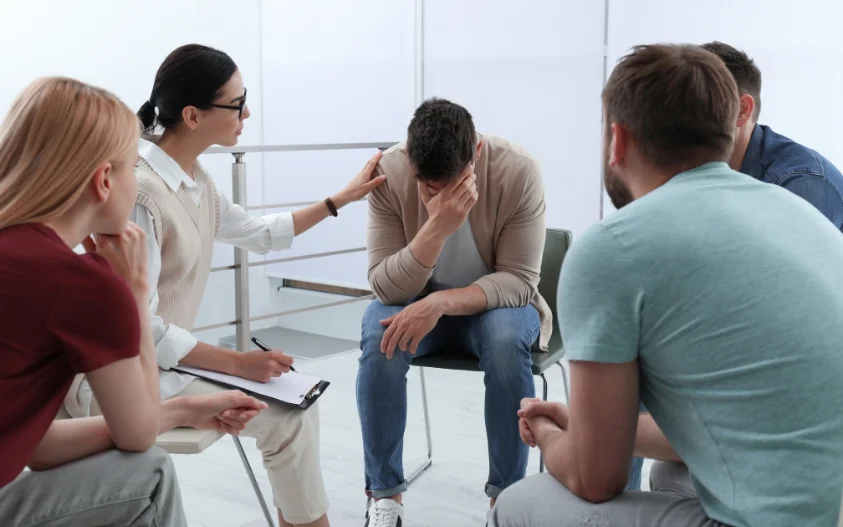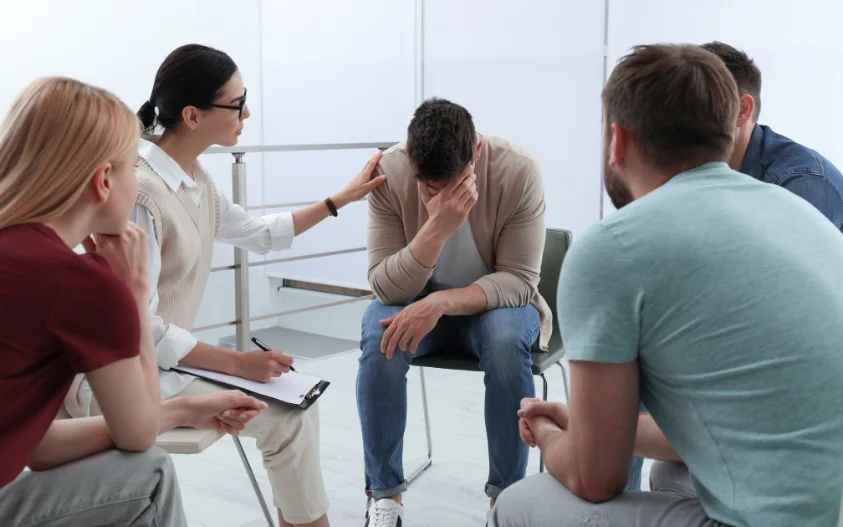24/7 Helpline:
(866) 899-221924/7 Helpline:
(866) 899-2219
Learn more about Anxiety Treatment centers in Lake Odessa
Anxiety Treatment in Other Cities

Other Insurance Options

CareFirst

Private insurance

Anthem

ComPsych

Absolute Total Care

AllWell

Ceridian

BlueShield

Sliding scale payment assistance

Lucent

Optum

Aetna

MVP Healthcare

Coventry Health Care

Access to Recovery (ATR) Voucher

Ambetter

Meritain

Sutter

Covered California

PHCS Network
















Pine Rest Christian Mental Health Services
Pine Rest Christian Mental Health Services - Laurel Drive is located in Lake Odessa, Michigan. Pine ...










